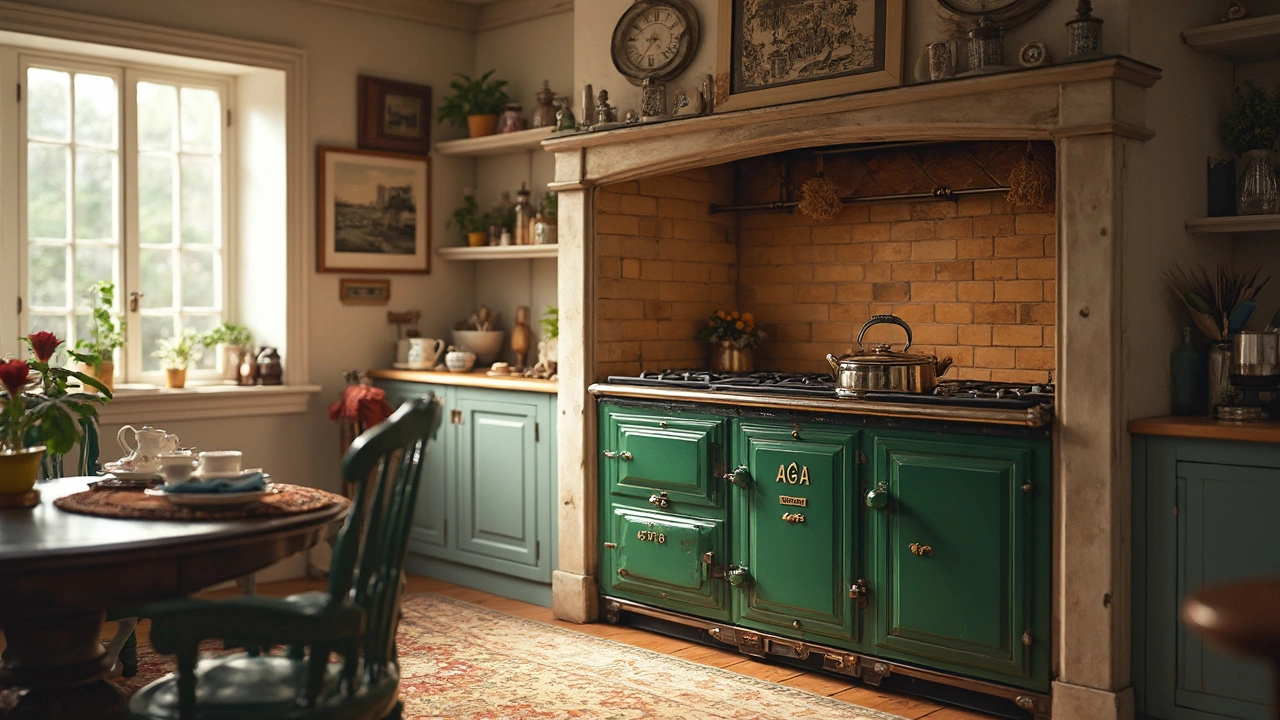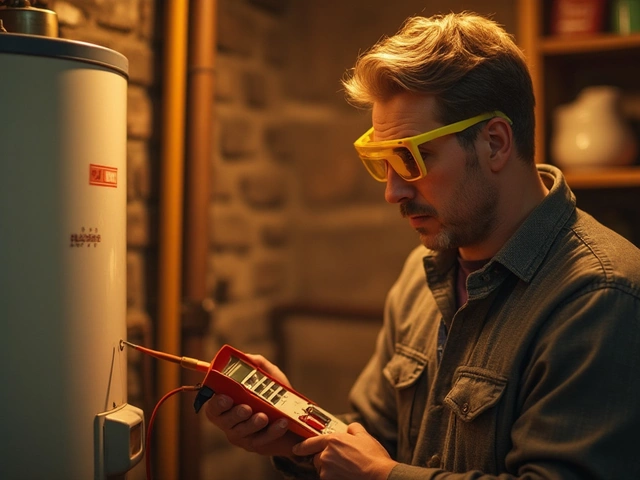Knowing how many years you can expect from a washing machine, fridge, or boiler helps you plan budgets and avoid nasty surprises. It’s not just about the purchase price; the hidden cost of a sudden breakdown can be huge. Below you’ll get the real‑world lifespans most UK homes see, plus quick clues that tell you when an item is on its way out.
Heat pumps – whether air‑source or ground‑source – usually stick around 12‑15 years if you keep up with filter changes and annual servicing. A well‑maintained refrigerator can keep cooling for 10‑12 years, but once the compressor starts making rattles, you’re already halfway to the end. Electric ovens and hobs tend to hit the 10‑year mark; the heating element is the part that quits first, and swapping it out is cheap compared to a full replacement.
Washing machines often surprise owners by lasting 8‑12 years before the motor or drum starts leaking. Dishwashers sit in a similar range, but cheap models may need attention after just five years. Water heaters (both electric and gas) have a longer story – many reach 10‑15 years, with a handful even hitting the 30‑year milestone if the anode rod is refreshed regularly.
Extractor fans in kitchens or bathrooms usually need a fresh set every 7‑10 years. Look for reduced airflow, strange noises, or a constant humming sound – those are the tell‑tale signs it’s time for a swap. Boilers, the heart of most UK heating systems, often serve for 12‑15 years. If you notice frequent pressure drops or iron‑taste water, the internal components may be wearing out.
Start by checking the cost of the fix. If a repair costs more than half the price of a new unit, replacement usually makes sense. For example, a cracked oven element might be £30‑£50, but a burnt‑out motor in a washing machine can be £200‑£300 – that’s a good cue to look for a new machine.
Listen for warning noises and watch for performance drops. A fridge that takes longer to reach set temperature, or a heat pump that stops blowing warm air, often signals a deeper issue than a simple filter change. In those cases, a professional diagnosis can save you from endless DIY attempts.
Don’t forget energy efficiency. Newer models generally use less power, so even if a repair seems cheap, you might lose out on lower bills over the next few years. When you’re close to the typical lifespan – say a 10‑year‑old dishwasher – compare the annual running cost of the old unit with the splash‑price of a modern, energy‑star model.
Bottom line: keep a simple log of purchase dates, service visits, and any recurring problems. When you see a pattern of frequent fixes, it’s probably time to retire the appliance. A little foresight now means fewer emergency calls later, and your home stays running smoothly without breaking the bank.

Discover how long extractor fans last, what shortens their life, and tips to maximize their lifespan in your kitchen or bathroom. Practical, clear advice from real experience.

Ever wondered how long your trusty range oven will last? On average, a well-maintained range oven can serve you for about 10 to 15 years. Routine cleaning and minor repairs can help extend its lifespan. Knowing when to repair or replace your oven is crucial for efficiency and safety. Read on for practical tips to make sure your oven lasts as long as possible.

Thinking of tackling an extractor fan installation on your own? Doing it yourself can be a rewarding project if you have the right tools and know-how. This guide breaks down the process into manageable steps, explains what to watch out for, and offers practical tips to avoid common pitfalls. You'll learn when it makes sense to go DIY and when you might need to call in a pro.

Curious about how much a new boiler might set you back? This article breaks down the costs involved, from purchasing the unit to installation fees. Understand the factors that influence pricing and learn practical tips to get the most value from your investment. Discover essential maintenance advice and the importance of proper sizing and efficiency ratings. Equip yourself with knowledge before making a decision about your home's heating system.

Is your 10 year old dryer gasping for air, and you’re wondering if it’s time to fix or toss it? This article breaks down how long dryers usually last, what typical repair costs look like, and when it just makes more sense to get a new one. You’ll find smart tips to figure out if fixing an older dryer is throwing good money after bad or saving yourself from an expensive upgrade. Get real-life advice that skips the fluff and gets to the point.

Diagnosing a faulty hot water heater element can seem daunting, but it's an essential skill for any homeowner. Key indicators like water temperature issues, noises, and prolonged heating cycles are telltale signs of a bad element. This article provides practical advice on how to inspect and test your heater element using accessible tools. Also included are safety tips and maintenance recommendations to extend the lifespan of your water heater.

Deciding whether to fix or replace your oven in 2025? Learn real repair costs, when replacement saves money, safety risks of old ovens, and how to make the smart choice without overpaying.